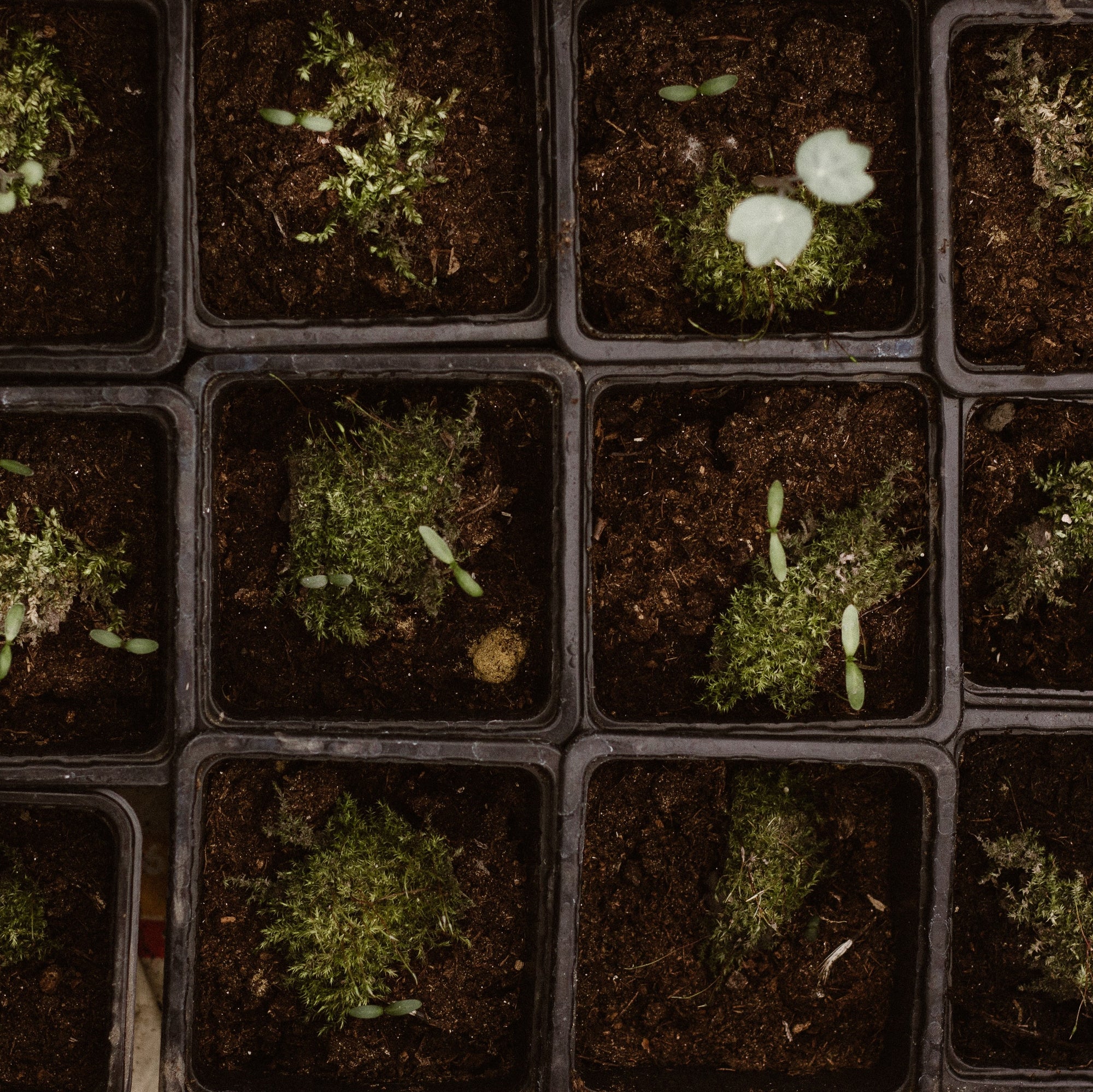How Soil Moisture Can Affect Your Plant's Growth
•Posted on January 29 2020

Anyone who's ever tried to cultivate house plants knows the impact of soil moisture, whether a plant is too dry or too wet.
Every plant has an optimal range in which the soil is conducive to healthy plant growth.
It's relatively easy to control in your home, but what about in the garden? How can you ensure that your plants are given the best chance to thrive?
In this piece, we'll talk about how soil moisture affects healthy plant growth and how you can provide the optimal soil moisture to your plants.
What is Soil Moisture and Why Does it Matter?

Soil moisture is a measure of soil health, the water content present in a certain area of the ground.
All plants need to be in a specific soil moisture range — the majority of plants thrive in soil with a moisture level that ranges between 20% and 60%.
Why is this important? Because if you're trying to grow certain plants, you not only have to make sure the soil is fertile enough to support growth, you have to be able to keep soil moisture in a certain range.
It's an issue for industrial growers, but also private gardeners and anyone trying to grow their own vegetables.
This is because the water content in soil is a solvent, meaning that it breaks down the nutrients and minerals that plants need from the dirt, allowing them to absorb these helpful particles into their systems.
Measuring Soil Moisture

Soil moisture changes the deeper into the ground measurement occurs, which is why it's important to understand the best way to measure the soil moisture where plants are drawing soil from.
For example, you could measure soil moisture from directly under the top layer of the ground, but this wouldn't give you all the data you need.
To judge soil in the context of plant and soil health, you need to measure soil taken from the "root zone".
This is the soil where plants are most likely to get their water (and their nutrients).
What Factors Affect Soil Moisture?

Some factors that can affect soil moisture are obvious: weather and climate.
If you live in an area that gets a lot of rain, you won't be able to keep the soil moisture down to a range that sustains certain plants.
The opposite is true in extremely dry climates.
Another factor is the quality of the soil. That's where we get into a discussion of organic matter, mostly decomposed material that increases the quality of the soil.
It makes it easier for plants to draw nutrient-rich moisture from further out into the soil around it, while at the same time, helping to hold water.
How Can You Prevent Water Loss From Soil or Re-moisturize Soil?

Fortunately, there are simple, natural methods that you can use to revitalize your soil and ensure that your plants can draw sufficient nutrients from the root zone.
One of those is the addition of organic matter: at Greenway Biotech, we sell Alfalfa Meal, Cottonseed Meal and more that help overall soil health and moisture levels.
If you think soil moisture is optimal for the types of plants you're growing but aren't seeing the desired results, you may want to add nutrients to the soil.
If you do have the optimal soil moisture, water-soluble fertilizers from our collection of natural, heavy-metal free products may be just the thing to revitalize your crops!
Related Posts:
Comments
0 Comments
Leave a Comment